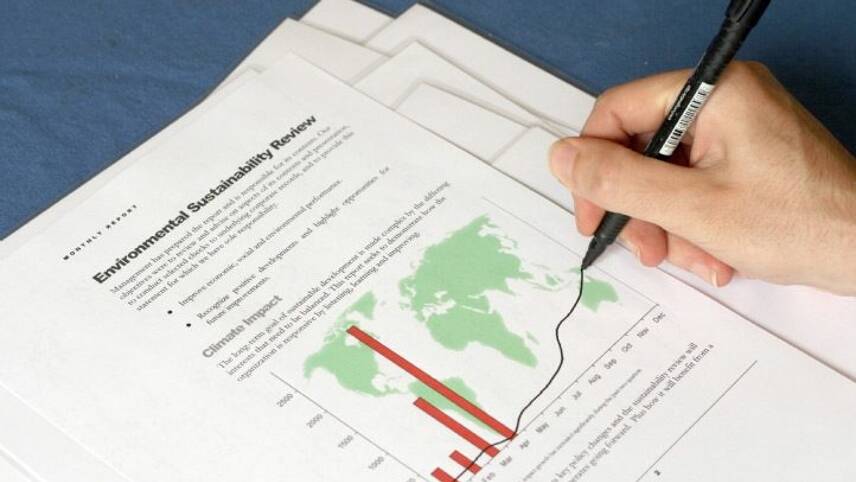Register for free and continue reading
Join our growing army of changemakers and get unlimited access to our premium content

The TCFD formed in 2015 and launched its recommendations in June 2017
The Financial Stability Board has this week called on the ISSB to take over the monitoring of uptake and reporting of companies based on climate-related disclosure as recommended by the TCFD. This comes off the back of the ISSB’s recent framework launches, both of which attempted to align with TCFD reporting requirements.
More than 3,800 organisations are now supporters of the TCFD recommendations, including more than 1,500 financial institutions that are responsible for $217trn in assets.
From 2024, the ISSB will take up control of TCFD progress, at the same time as the ISSB Standard is applied across the globe.
The International Financial Reporting Standards (IFRS) Foundation, which unveiled the formation of the ISSB at COP26 in Glasgow, will take over all TCFD responsibilities.
ISSB Chair Emmanuel Faber said: “The TCFD has been a trailblazer in raising the practice and quality of climate-related disclosures, providing much-needed information to investors about climate-related risks and opportunities.
“The ISSB has built from and consolidated the market-leading investor-focused sustainability-reporting initiatives to deliver the ISSB Standards, with the TCFD recommendations at the heart of this. As such, the ISSB welcomes the FSB’s request to transfer the TCFD’s monitoring responsibilities to the ISSB from 2024 and the opportunity to build on TCFD’s legacy. This announcement provides yet further clarification of the so-called ‘alphabet soup’ of ESG initiatives for companies and investors.”
New research has found that global ESG regulations have increased by 155% in the last 10 years as nations get serious about climate legislation, but the risk remains that companies will struggle to navigate the various reporting requirements.
As such, frameworks like the TCFD and ISSB are attempting to standardise and streamline reporting requirements.
Last month, the ISSB issued its first two finalised frameworks, with an expectation that the first corporate reports aligned with them will be published in 2025.
The two new standards – IFRS S1 and S1 – are climate-focused, but the former also covers other related environmental risks and opportunities. IFRS S1 has been described as the “core baseline” of sustainability reporting. It has been designed to be applicable to all large businesses, regardless of sector or geographical location.
It covers company impact, including emissions across all scopes and waste management. It sets out how to report these factors alongside financial information.
IFRS S2, meanwhile, is more detailed in regard to specific topics – particularly climate mitigation and climate adaptation. It is designed to build on existing disclosure frameworks in this field, chiefly the TCFD. The standard also outlines how businesses can assess how future climate-related risks and opportunities could impact their valuation.
The G7 have notably agreed to mandate TCFD-aligned reporting, with the UK having led the way with its domestic mandate in April 2022. The UK is now plotting mandatory net-zero transition planning – an approach which may well also be mirrored elsewhere.


Please login or Register to leave a comment.